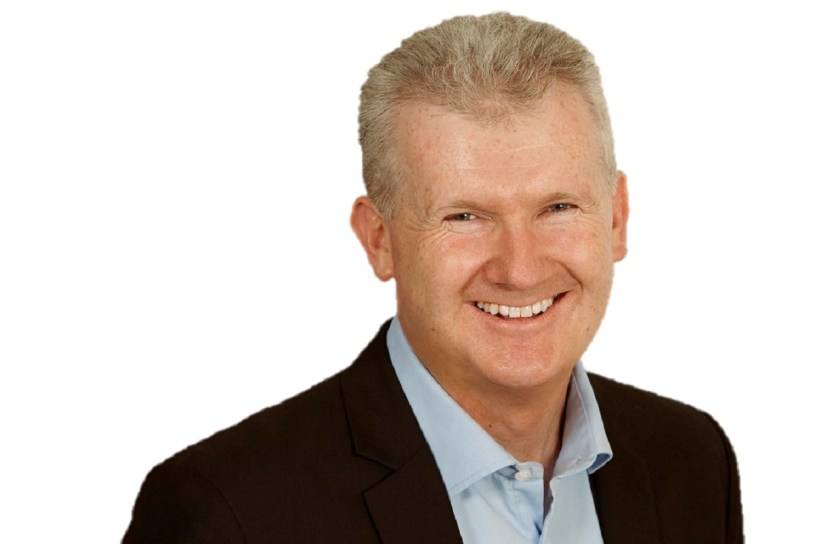The Australian Labor Party has unveiled its cultural policy ahead of the election this Saturday, promising increased cooperation between federal, state, and local levels of government when it comes to the arts sector, as well as an “arms-length” approach to funding.
However, there is no word on how the party plans to regulate SVOD services, with the announcement only stating it will work with stakeholders to determine ways Australian content can be boosted on streaming platforms.
In introducing the policy, Shadow Arts Minister Tony Burke said the plan would bring new “drive, direction and vision” to an arts sector that was in an “extreme state of flux” as it sought to recover from the impact of the pandemic and a decade of “Liberal National neglect, contempt and cuts”.
“A new direction is needed from a Labor government that will give the arts the support it needs,” he said.
“A cultural policy is a broad, comprehensive roadmap for Australia’s arts and culture that touches all areas of government, from cultural diplomacy in foreign affairs to health to education.”
Of key relevance to the screen sector is the regulation of SVOD services, with industry bodies renewing calls for a 20 per cent Australian commissioned content expenditure requirement for global streaming businesses in the past few weeks as part of submissions to the government’s Streaming Services Reporting and Investment Scheme Discussion Paper.
Labor’s policy does not outline a specific regulatory framework, but notes the government has “gone out of their way to reduce the amount of Australian content on our screens”, while being “far too slow” to move on screen content obligations for streamers.
It comes after the party promised to legislate a prominence regime to ensure Australian TV services can easily be found on connected TV platforms.
The opposition also used its policy announcement to take aim at arts funding under the previous Liberal governments, claiming its use as a “personal plaything” had reaffirmed the need for a selection process that was not determined by the “personal tastes of the minister”.
Other points of the strategy include an examination of a national insurance scheme for live events, working with state and territory governments to protect audiences and performers from ticket scalpers, a specific focus on First Nations art and culture, and ‘arts’ as part of a named government department.
Labor also plans to roll the functions of and funding for not-for-profit organisation Creative Partnerships Australia into the Australia Council, a move it says will bring “private sector expertise back into the Australia Council, make it stronger, and re-affirm its role as the premier arts funding body in Australia”.
The cultural policy follows a range of funding announcements for the sector, including an $83.7 million commitment to reverse cuts made to ABC by the current government.
If elected on Saturday, Burke said Labor would embark on a “thorough, nationwide consultation” in each state and territory to inform its strategy for the sector.
“Although it is of course important for us to get this right, speed is of the essence. Creative Australia will be used as the starting point and all stakeholders including state and local governments will be properly consulted to chart a path forward,” he said.


